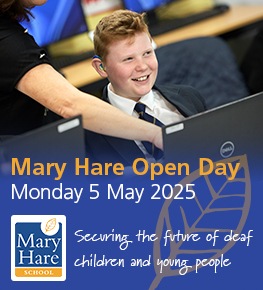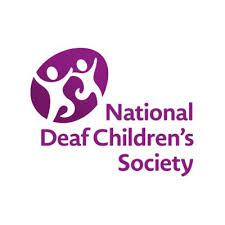4a. Social health
Deaf Children and Young People (DCYP) and families are supported to
- form secure attachments
- have opportunities to experience a variety of relationships (eg after school club)
- develop their social communication skills
- develop an understanding of theory of mind (ToM)
- understand and reflect on different behaviours around deafness and the impact of those
- develop skills around assertiveness in relationships and how to have those interactions
- understand what resilience is and how to build that within self
- develop an awareness of accessibility within different contexts and feelings of exclusion
- find opportunities for peer-to-peer support, for example, modelling positive interactions, use of slang, etc
- understand different social situations and the levels of formality and language linked with those
- develop an awareness of the principles of consent within relationships
- develop strategies to deal with situations around bullying
- know how to keep themselves safe.
- Limping Chicken article – Deaf masking
- NDCS – Supporting young people’s mental health ‘Talking to teenagers about feelings‘
- NDCS – Mental health Information for deaf young people
- Discovering who I am: Group resource for deaf children and young people working on social and emotional wellbeing and identity – Dr Joanne Hoskin and Geraldine Garwood
- Childline Deaf Zone
- NSPCC Safeguarding d/Deaf and disabled children and young people
- NDCS Buzz https://buzz.org.uk/
- Marschark, M. et al (2019) Understanding Theory of Mind in Deaf and Hearing College Students The Journal of Deaf Studies and Deaf Education
- Chilton, H., Mayer, C. and McCracken, W. (2019) Evidence of theory of mind in the written language of deaf children The Journal of Deaf Studies and Deaf Education
Next pages
4b. Emotional and mental health
4c. Physical health
4d. Technology and staying safe
Previous sections
Section 1 Deaf identity
Section 2 Communication, language, and literacy
Section 3 Understand access to sound
Next sections
Section 5 Manage change
Section 6 Preparation for adulthood
Section 7 Specialist assessment and monitoring




